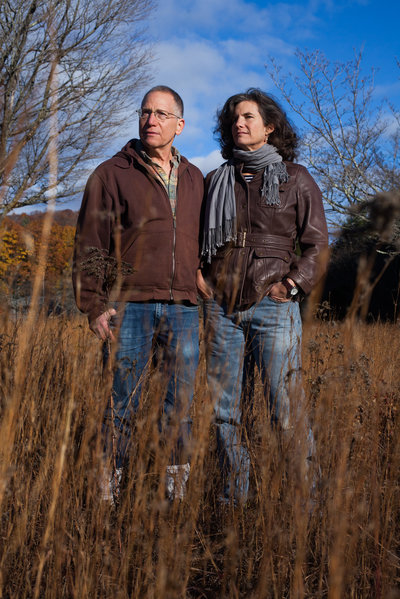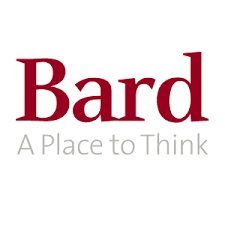|
December 2023. Congratulations to Scout Olip-Booth and Raven Atsalis-Gogel for completing their senior projects in biology. Both are also majoring in studio art and will complete arts projects before graduating in May.
May 2022. Our paper on the Tick Project is now out in Emerging Infectious Diseases. A PDF of the paper is available on the Publications page. February 2022. Our paper on the major results from the Tick Project has just been accepted at Emerging Infectious Diseases, so we hope to be sharing that very soon. I'm honored to have been selected as a Fellow of the American Association for the Advancement of Science, a distinction I particularly enjoyed sharing with some friends from grad school days -- Dave Polly and Bruce Hungate. Earlier this month, I joined colleagues Raj Pandya, Noah Feinstein, and Jenny Dauer for a scientific session at the AAAS Annual Meeting to explore what we've learned about science literacy from the COVID-19 pandemic. It was quite illuminating, and the audience at our live session was wonderful. If you are interested in this topic, the recordings are available from AAAS for a few months. March 2021. We are about to begin the final season of data collection for The Tick Project, after our 2020 field season was deferred because of covid-19. This will be the final season of this massive project and we have a manuscript in the works. Several new papers about tick-borne pathogens are out, and Rick Ostfeld and I have a paper coming out in PNAS about how biodiversity and biodiversity loss affect the emergence and transmission of zoonotic pathogens. December 2019. Back from a visit to Penn State's Center for Infectious Disease Dynamics, which is always impressive. Thanks to my hosts and the many people who took time to meet with me during my stay. August 2019. The New Yorker did a short piece on the Tick Project, which you can read here. And Science magazine picked up on our Kenya work because Brian Allan gave such an awesome talk at ESA. You can read that coverage here. I am honored to have been elected a Fellow of the Ecological Society of America. May 2019. Two new papers out, and one more on the way, led by Ilya Fischhoff and Stacy Mowry. PDFs on the Publications page. March 2019. Indiana University was one of my favorite seminar visits ever. So many wonderful colleagues, and a very thoughtful schedule so that I had the chance to have substantive conversations with many students, post-docs and professors. January 2019. A faculty team from Bard College recently visited Fulbright University in Vietnam, a new liberal arts institution in Ho Chi Minh City. I had the pleasure of serving as the chair of the Faculty Committee. A wonderful visit with great faculty and inspiring students. Our Kenya work was recently covered by Scientific American, which you can read here. |
Rick Ostfeld and Felicia Keesing have been studying Lyme disease and ways to stop it for more than 20 years. Stephen Reiss/for NPR
|

